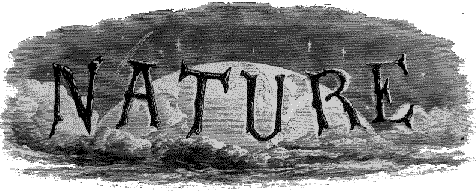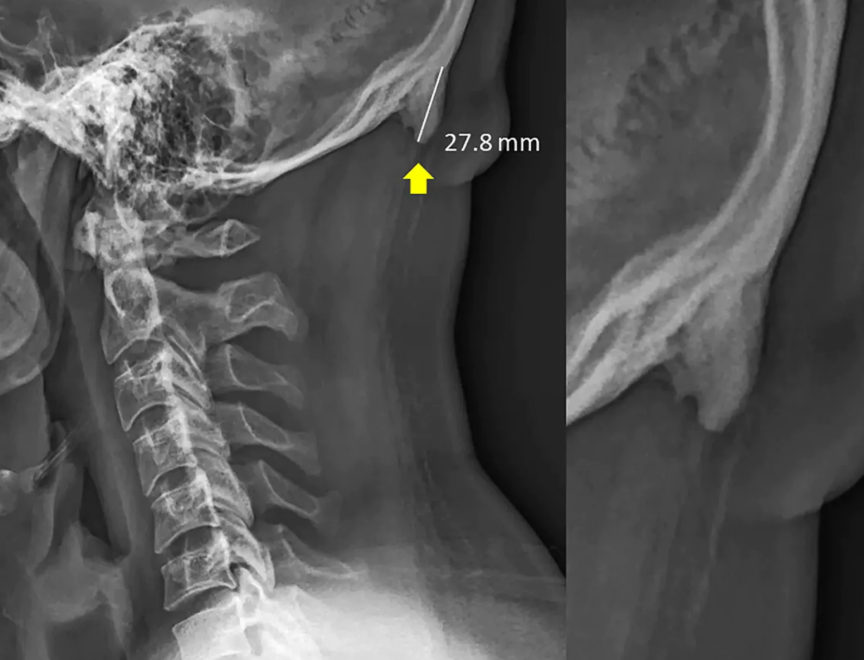
In April of this year, Corneel Vandelanotte realized something had gone wrong with a paper he had recently published.
First, there was a post about his paper by Nick Brown, a scientific sleuth, questioning the results, ethics, and authors behind the work. That was followed by a comment on PubPeer by Elisabeth Bik, another scientific sleuth.
“People started alerting me,” Vandelanotte, a public health researcher at Central Queensland University in Rockhampton, told Retraction Watch. “Hey, have you seen this blog by Nick Brown? And, and then yeah, okay, that was a bad day. Let me put it that way.”
Continue reading ‘How I got fooled’: The story behind the retraction of a study of gamers






 The similarities between recent papers in two different journals about energy were striking — so striking that a number of people have
The similarities between recent papers in two different journals about energy were striking — so striking that a number of people have  Researchers have retracted a 2015 Nature paper about the molecular underpinnings of immune function after discovering they could not replicate key parts of the results.
Researchers have retracted a 2015 Nature paper about the molecular underpinnings of immune function after discovering they could not replicate key parts of the results.